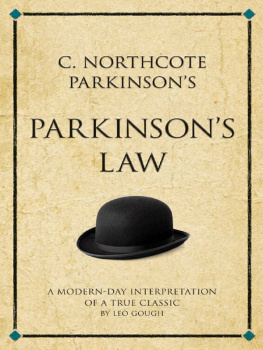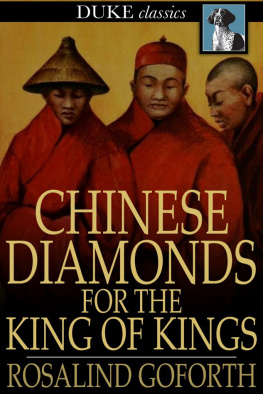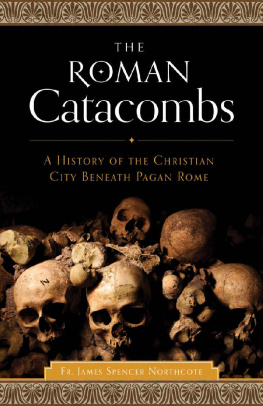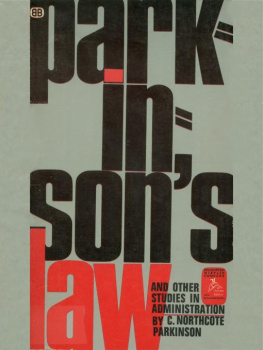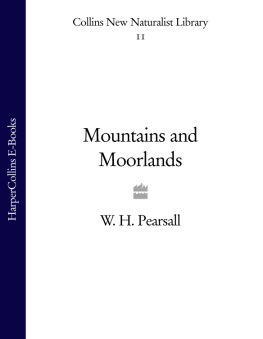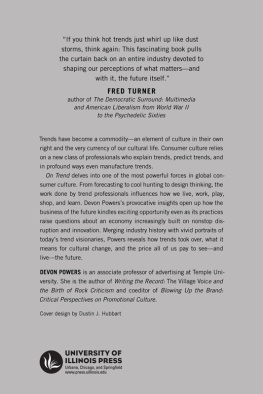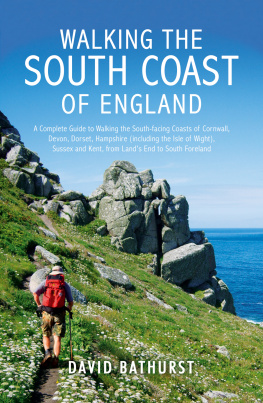BY LADY ROSALIND NORTHCOTE
WITH ILLUSTRATIONS IN COLOUR
AFTER FREDERICK J. WIDGERY
LONDONEXETER
CHATTO & WINDUSJAMES G. COMMIN
M CM VIII
Deep-wooded combes, clear-mounded hills of morn,
Red sunset tides against a red sea-wall,
High lonely barrows where the curlews call,
Far moors that echo to the ringing horn,
Devon! thou spirit of all these beauties born,
All these are thine, but thou art more than all:
Speech can but tell thy name, praise can but fall
Beneath the cold white sea-mist of thy scorn.
Yet, yet, O noble land, forbid us not
Even now to join our faint memorial chime
To the fierce chant wherewith their hearts were hot
Who took the tide in thy Imperial prime;
Whose glory's thine till Glory sleeps forgot
With her ancestral phantoms, Pride and Time.
Henry Newbolt
Preface
The first and one of the greatest difficulties to confront a writer who attempts any sort of description of a place or people is almost sure to be the answer to the question, How much must be left out? In the present case the problem has reappeared in every chapter, for Devon is 'a fair province,' as Prince says in his 'Worthies of Devon,' and 'the happy parent of ... a noble offspring.'
My position is that of a person who has been bidden to take from a great heap of precious stones as many as are needed to make one chain; for however grasping that person may be, and however long the chain may be made, when all the stones have been chosen, the heap will look almost as great and delightful as before: only a few of the largest and brightest jewels will be gone.
The fact that I have been able to take only a small handful from the vast hoard that constitutes the history of Devon will explain, I hope, the many omissions that must strike every reader who has any knowledge of the countyomissions of which no one can be more conscious than myself. A separate volume might very well be written about the bit of country touched on in each chapter.
This book does not pretend to include every district. I have merely passed through a great part of the county, stopping here at an old church with interesting monuments, there at a small town whose share in local historyin some instances, in the country's historyis apt to be forgotten, or at a manor-house which should be remembered for its association with one of the many 'worthies' who, as Prince sayswith the true impartiality of a West-countryman in regard to his own countyform 'an illustrious troop of heroes, as no other county in the kingdom, no other kingdom (in so small a tract) in Europe, in all respects, is able to match, much less excel.'
From the 'Tale of Two Swannes,' a view of the banks of the River Lea, published in 1590, I have ventured to borrow the verses that close an address 'To the Reader':
'To tell a Tale, and tell the Trueth withall,
To write of waters, and with them of land,
To tell of Rivers, where they rise and fall,
To tell where Cities, Townes, and Castles stand,
To tell their names, both old and newe,
With other things that be most true,
'Argues a Tale that tendeth to some good,
Argues a Tale that hath in it some reason,
Argues a Tale, if it be understood,
As looke the like, and you shall find it geason.
If, when you reade, you find it so,
Commend the worke and let it goe.'
Exeter
'Richmond! When last I was at Exeter,
The mayor in courtesy show'd me the castle,
And call'd it Rougemont: at which name I started,
Because a bard of Ireland told me once,
I should not live long after I saw Richmond.'
King Richard III., Act IV, Sc. ii.
There are not many towns which stir the imagination as much as Exeter. To all West-Countrymen she is a Mother City ... and there is not one among them, however long absent from the West, who does not feel, when he sets foot in Exeter, that he is at home again, in touch with people of his own blood and kindred.... In Exeter all the history of the West is bound upits love of liberty, its independence, its passionate resistance to foreign conquerors, its devotion to lost causes, its loyalty to the throne, its pride, its trade, its maritime adventureall these many strands are twined together in that bond which links West-Countrymen to Exeter.' Mr Norway is a West-Countryman, and he sums up very justly the sentiment, more or less consciously realized, of the people for whom he speaks, and especially the feeling of the citizens.



